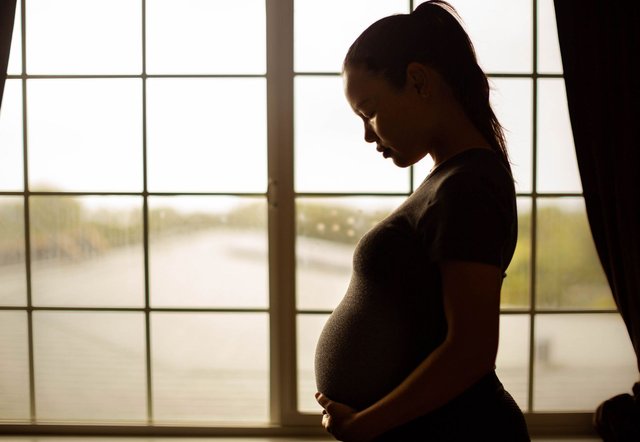The Importance of a Balanced Diet for Pregnant Women
Pregnancy is a significant life event that brings along many changes to a woman's body. During this time, it's vital to maintain a balanced diet to ensure the optimal health of both the mother and the growing baby. A well-balanced diet during pregnancy not only provides essential nutrients for the growth and development of the fetus but also helps to maintain the mother's health.
Understanding the Nutritional Requirements of Pregnancy
When a woman becomes pregnant, her body requires a higher amount of essential nutrients to support the growing fetus. It's essential to ensure that these requirements are met to promote the health of both the mother and the baby. Some of the key nutrients required during pregnancy include:
Folate: This B vitamin

is essential for the healthy growth and development of the fetus, especially during the first trimester when the neural tube is forming. Folate helps to prevent birth defects in the baby's brain and spine. Good sources of folate include leafy green vegetables, legumes, and fortified cereals.
Iron: During pregnancy, the blood volume increases to support the growing fetus, and this increased demand for blood requires more iron. Iron is essential for the production of hemoglobin, which carries oxygen in the blood to the fetus. Good sources of iron include lean red meat, poultry, fish, and iron-fortified cereals.
Calcium: Calcium is essential for the development of strong bones and teeth in the fetus. During pregnancy, the mother's calcium stores are depleted to support the growing fetus, and it's essential to ensure that these stores are replenished. Good sources of calcium include dairy products, leafy green vegetables, and fortified tofu.
Protein: Protein is essential for the growth and development of the fetus, as well as for the mother's health. Good sources of protein include lean meat, poultry, fish, dairy products, legumes, and soy products.
The Risks of an Unbalanced Diet During Pregnancy
Not maintaining a balanced diet during pregnancy can have significant risks for both the mother and the baby. Some of the risks associated with an unbalanced diet include:
Low birth weight: A diet that's low in essential nutrients can lead to low birth weight in babies, which can increase the risk of health problems later in life.
Birth defects: An unbalanced diet during pregnancy can increase the risk of birth defects in the fetus, such as neural tube defects and heart problems.
Preeclampsia: Preeclampsia is a condition that can develop in some pregnant women and is characterized by high blood pressure and damage to organs such as the liver and kidneys. Women who have a diet that's high in salt and low in essential nutrients, such as calcium and magnesium, are at an increased risk of developing preeclampsia.
Gestational diabetes: Women who have an unbalanced diet during pregnancy are at an increased risk of developing gestational diabetes, a condition that can lead to complications during pregnancy and delivery.
Achieving a Balanced Diet During Pregnancy
Achieving a balanced diet during pregnancy can be challenging, but it's essential to ensure the health of both the mother and the baby. Some tips for maintaining a balanced diet during pregnancy include:
Eating a variety of foods: To ensure that all essential nutrients are consumed, it's important to eat a variety of foods from all food groups, including fruits and vegetables, whole grains, lean proteins, and dairy products.
Avoiding certain foods: Some foods should be avoided during pregnancy, such as raw or under